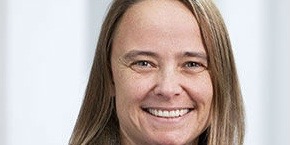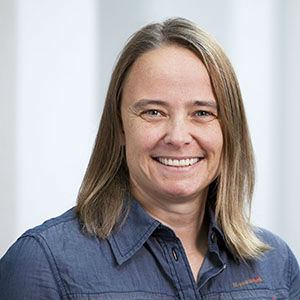Planets and Exoplanets – Thinking across boundaries


Maria Schönbächler, Leader Project 2
Interdisciplinarity is a highly topical word in science these days, which also made the cover page of high impact journals such as “Nature” in 2015. What does it mean? In dictionaries “interdisciplinarity” is referred to as “relating to, or involving two or more academic disciplines that are usually considered distinct”. The study of planets and their formation is inherently interdisciplinary.
True understanding of how solar systems (including our own) form and evolve can only come from a genuine synthesis of different disciplines such astronomical observations (stars, disks, exoplanets), laboratory experiments, sample analyses in the laboratory and sophisticated modelling. Our NCCR PlanetS brings together all this expertise – hence we have the great opportunity to be truly interdisciplinary and tackle important unsolved questions in planetary science.
I am a cosmochemist, and this discipline has traditionally been a meeting point of geologists, physicists and chemists and could thus be considered interdisciplinary. When I, trained as a geologist, started my PhD in cosmochemistry, I hardly met any astronomers be it at my home institution or at conferences. Only very few people were trying to bridge the two disciplines. This is changing, accelerated by the rapidly growing exoplanet field, and our NCCR PlanetS is in an ideal position to play a leading role in thinking across the boundaries.
We have already started this process e.g., at our first general assembly in Anzère, or with the recent inter-project meeting in Bern and we will continue to do so at the next assembly in Grindelwald. New ideas of how to go about it are always very welcome. Interdisciplinarity usually comes with a common problem when you cross a boundary and enter a new country: you may not understand the language. Thus the first step is learning the foreign language (be it “astronomy” or “cosmochemistry” or “computational planetary science”) and start to communicate. Then lets cross boundaries and create something new.
Maria Schönbächler
Leader Project 2

